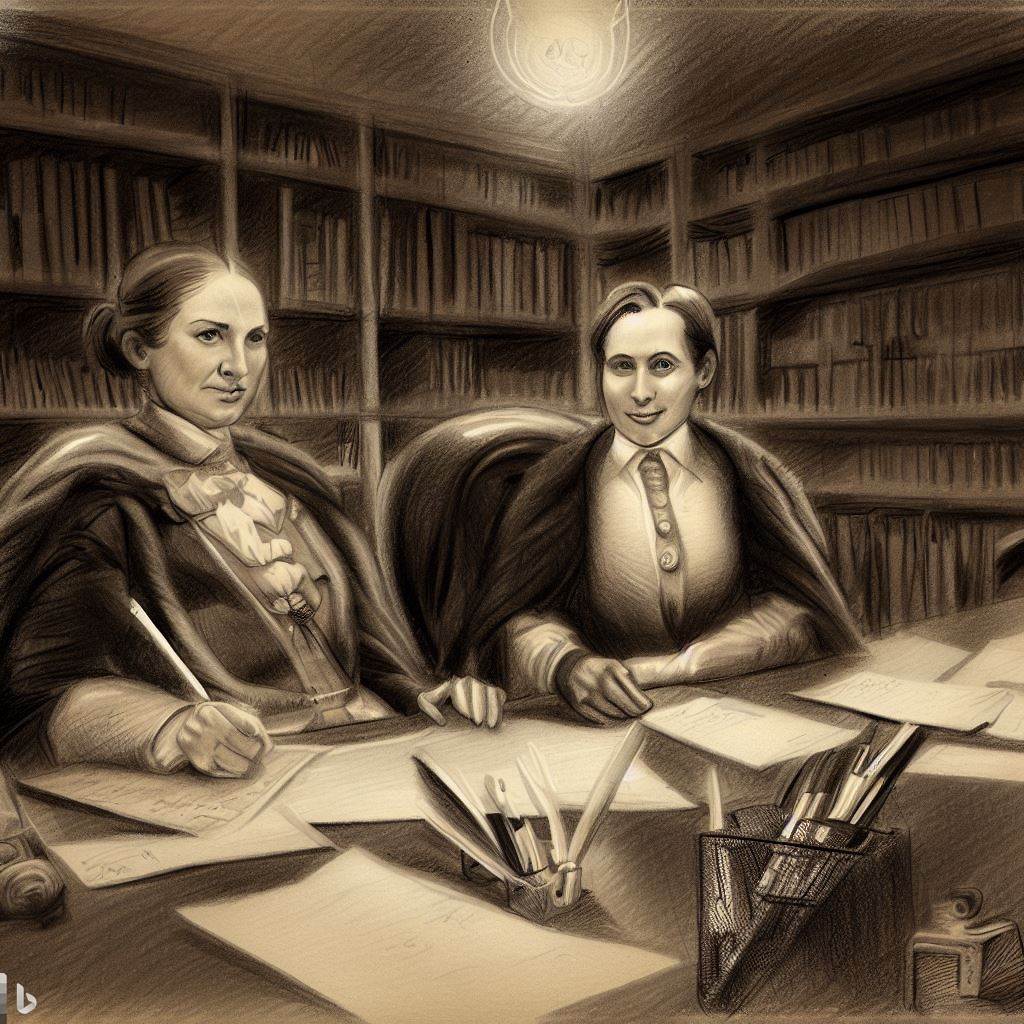Anita Brookner (1928-2016) was a highly acclaimed British author and art historian. A woman of extraordinary talent, Brookner’s novels were celebrated for their precise prose, subtle wit, and intricate character studies. In this article, we will delve into the life and works of this remarkable writer, exploring her unique contributions to literature and her lasting impact on readers and fellow authors.
Early Life and Education
Anita Brookner was born on July 16, 1928, in London, England, to a family of Polish-Jewish immigrants. Her father, Albert Brookner, ran a wholesale tobacco business, while her mother, Maude Schiska, was a singer who had given up her career to raise her family. As an only child, Brookner had a relatively solitary upbringing, an experience that would later inform her literary works.
Brookner received her early education at James Allen’s Girls’ School in Dulwich, before pursuing a degree in history at King’s College London. With a passion for art, she continued her studies at the Courtauld Institute of Art, where she earned a doctorate in art history. In 1959, she began working at the Courtauld as a lecturer, a position she would hold until 1988.
Literary Career
Anita Brookner’s first novel, “A Start in Life” (1981), was published when she was 53 years old. The book introduced her signature style of crisp prose and character-driven stories, often featuring women grappling with loneliness and unfulfilled desires. Brookner would go on to write 24 novels, with her most productive period spanning from the early 1980s to the late 2000s.
Her fourth novel, “Hotel du Lac” (1984), earned Brookner the prestigious Man Booker Prize, catapulting her to literary fame. The novel tells the story of Edith Hope, a romance novelist who seeks solace in a Swiss hotel after a personal scandal. Like many of Brookner’s characters, Edith is caught between the expectations of society and her own desires, resulting in a poignant exploration of the human condition.
Throughout her career, Brookner received critical acclaim for her keen insight into the human psyche and her ability to create complex, relatable characters. Her novels often explored themes of isolation, emotional repression, and the search for self-identity, reflecting the author’s own experiences and introspections.
Brookner’s later works include “Altered States” (1996), “The Rules of Engagement” (2003), and “Strangers” (2009). In addition to her fiction, she also published several works of art criticism and contributed articles to prominent art journals.
Legacy
Anita Brookner passed away on March 10, 2016, at the age of 87. Despite her relatively late start in the world of fiction, she left behind a remarkable body of work that continues to resonate with readers today. Her sharp observations of human behavior, evocative writing style, and exploration of universal themes have cemented her place in the pantheon of great British novelists.
Brookner’s influence can be seen in the works of contemporary authors like Julian Barnes and Rachel Cusk, who have cited her as an inspiration. Her novels will endure as a testament to her exceptional talent and the power of the written word to illuminate the complexities of the human experience.

